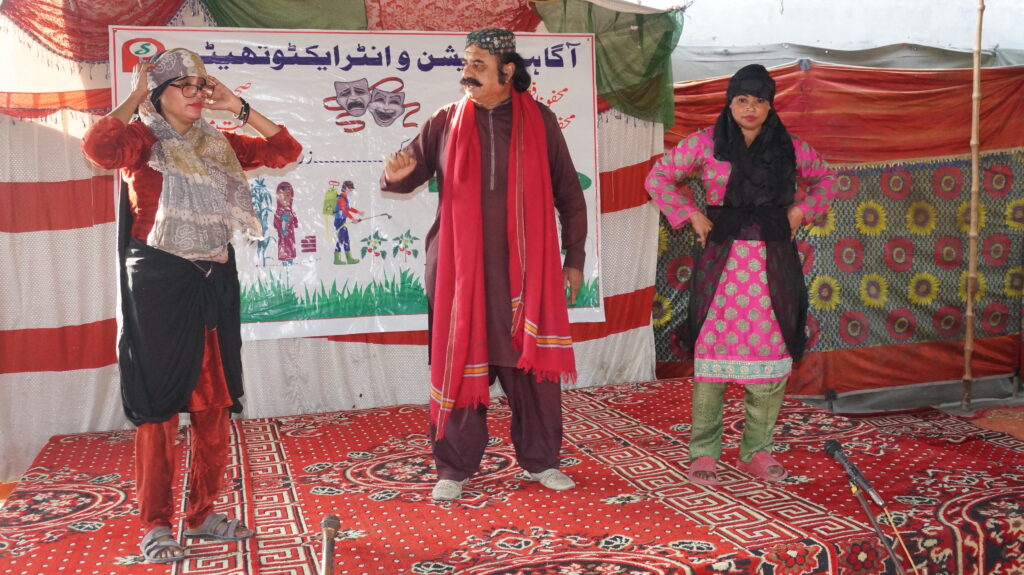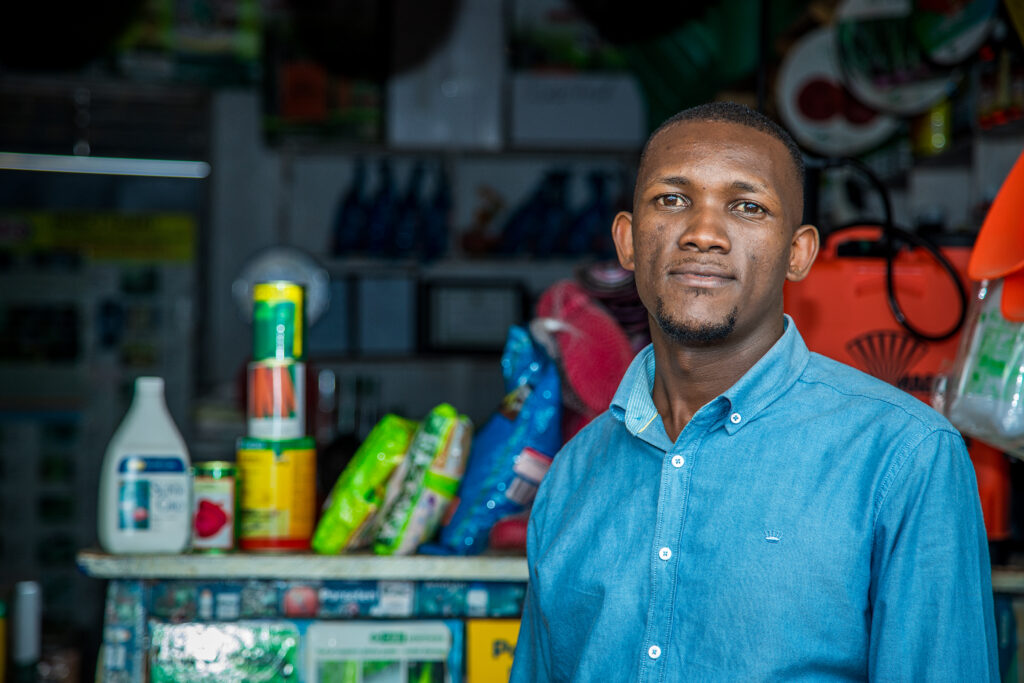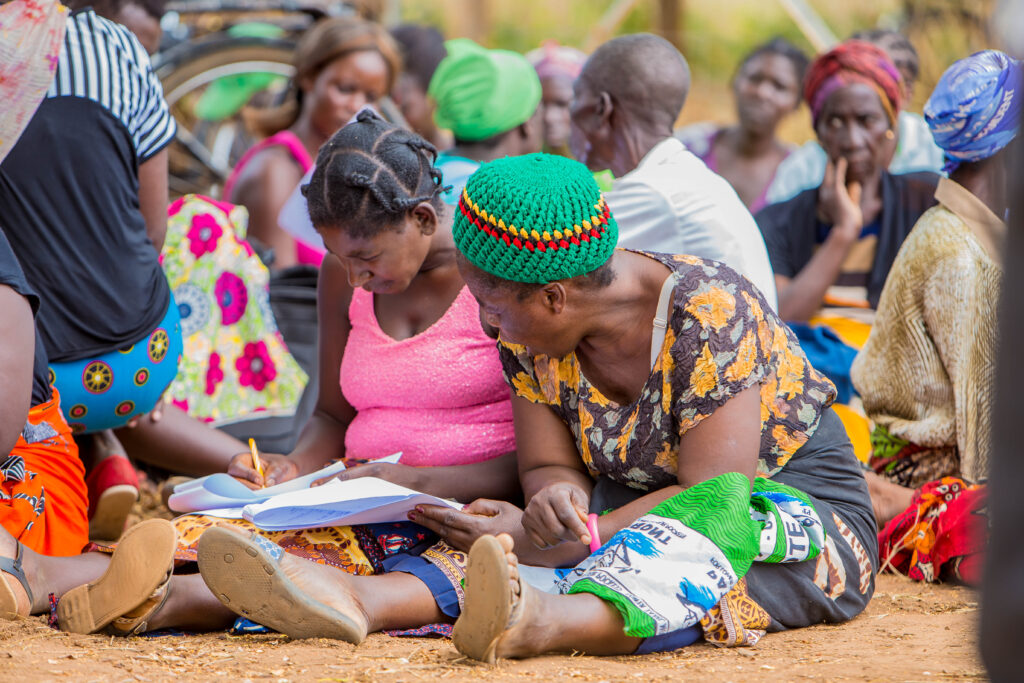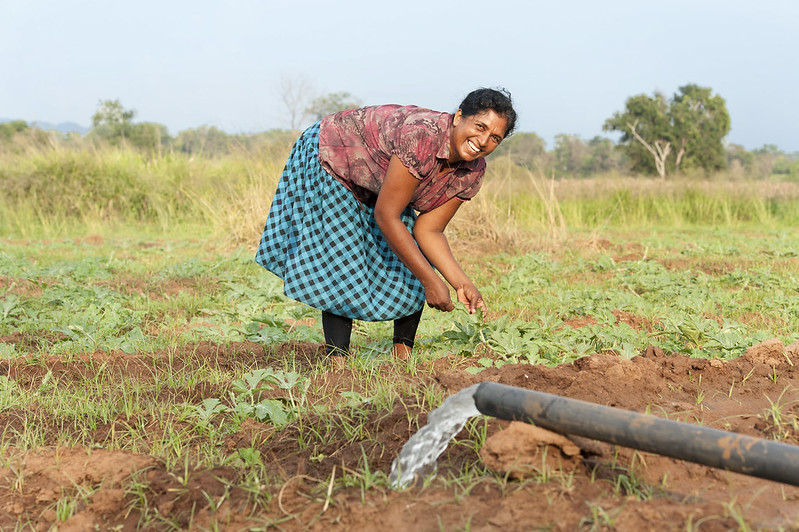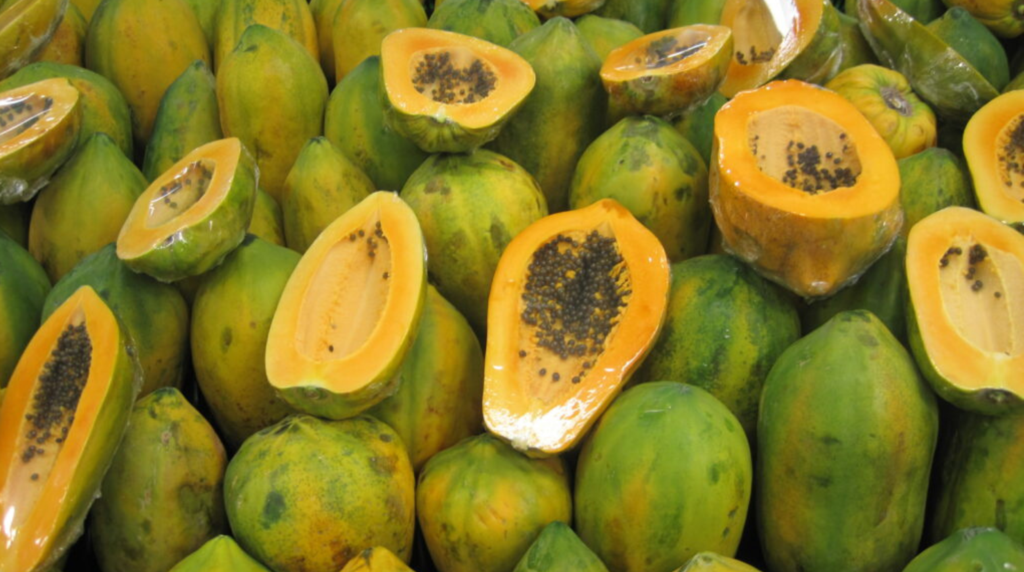Youth in agriculture: Meet Anthony Ssenyonga, an agri-entrepreneur in Uganda
Anthony Ssenyonga, 29, is an agro-input dealer, plant doctor, and entrepreneur whose innovative use of digital tools is supporting smallholder farmers in his community and beyond. He is a leader among the youth in agriculture in Uganda, inspiring other agri-entrepreneurs. Before his rise as a digital agricultural champion, Anthony was a small-scale vegetable farmer, helping…
5 reasons to increase gender-equal education in agriculture
In agriculture, a domain where women play a pivotal yet often underrepresented role, promoting gender-equal education is not just a matter of equity but also a catalyst for community advancement. International Women’s Day, recently celebrated, serves as a poignant reminder of the strides made and the challenges that remain in achieving gender equality across various…
Most read blogs of 2024
As 2024 comes to a close, we’ve tallied the numbers to reveal the most read blogs on the PlantwisePlus Blog this year—plus a few firm favourites! Our most read blogs cover crop pest guides, digital tools, and biocontrols for invasive species, highlighting the impactful work we do with smallholder farmers, policymakers, and communities. Did any…
CABI calls for gender equality for rural women in Pakistan
Every year, Rural Women’s Day is celebrated on 15 October. It recognizes the valuable contributions that women living in rural communities make to agriculture, food security and rural development. In Pakistan, this is important. According to Relief Web, Pakistan’s total female population is over 101 million. However, around 64 million women – more than half…
Gender equality and youth inclusion: ten focus areas for impact
UN Women recently published The Gender Snapshot 2024. While the report highlighted some positive developments, no indicator under SDG Goal 5, Gender Equality, has been achieved. Women comprise around 43% of the agricultural workforce in low- and middle-income countries. However, their responsibilities and capacity are too often diluted by gender inequalities. Breaking down the barriers to women…

